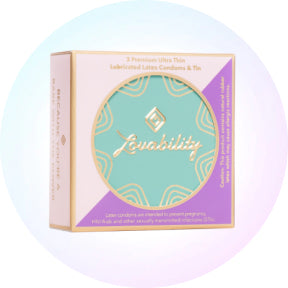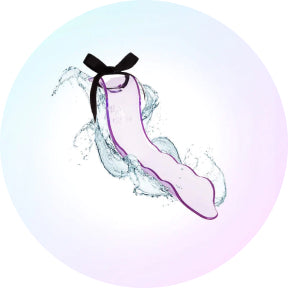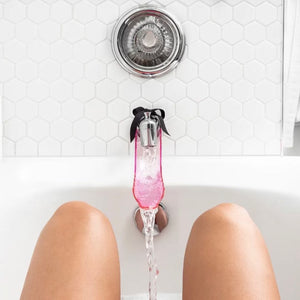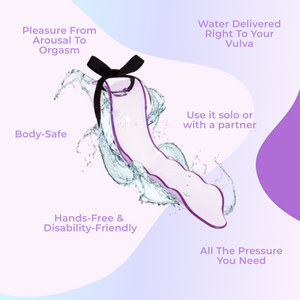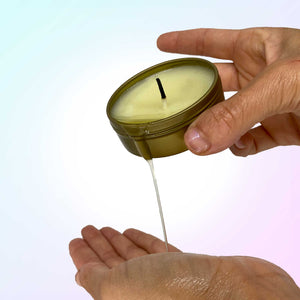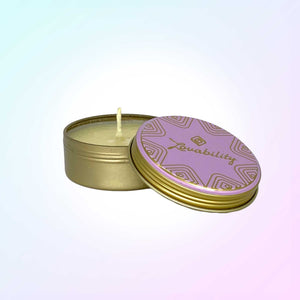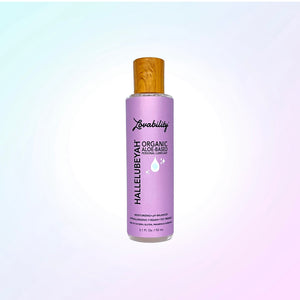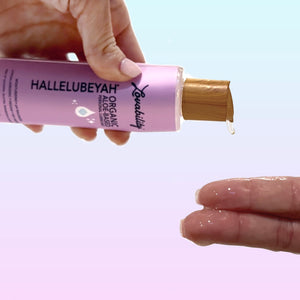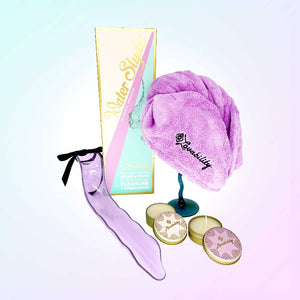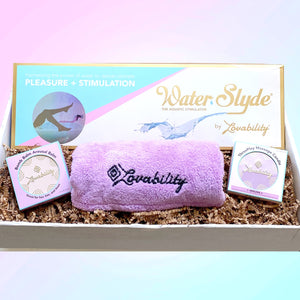Feminine hygiene is a crucial aspect of overall health and well-being for individuals of all ages. The vulva, the external part of the female genitalia, requires special care to maintain cleanliness, comfort, and health.
From adolescence through adulthood and beyond, practicing good feminine hygiene habits can help prevent infections, discomfort, and other issues. In this guide, we'll explore the best feminine hygiene practices for the vulva at any age, empowering individuals to prioritize their intimate health with confidence and care.
Understanding the Vulva
Before delving into feminine hygiene practices, it's essential to understand the anatomy of the vulva. The vulva includes the outer lips (labia majora), inner lips (labia minora), clitoris, vaginal opening, and urethral opening. Get to know your vulva, as each part plays a unique role in sexual pleasure, reproduction, and bodily functions.
1. Gentle Cleansing
Knowing how to clean your vulva is vital for preventing irritation and infection. However, it's essential to use gentle cleansing methods to avoid disrupting the natural balance of the vaginal ecosystem. Use warm water to cleanse the vulva externally, focusing on the folds and creases. If you wish to use a soap, use only a mild, hypoallergenic, pH-friendly, fragrance-free soap; avoid using harsh soaps, douches, or scented products, as they can disrupt the pH balance and lead to irritation or infection.
2. Proper Wiping Technique
When using the bathroom, always wipe from front to back after urination or bowel movements. The same advice goes if you're freshening up down there with a personal wipe. This helps prevent the spread of bacteria from the anus to the vagina, reducing the risk of urinary tract infections (UTIs) and other infections. Avoid excessive wiping, as it can cause irritation and discomfort.
3. Wear Breathable Underwear
Choosing the right underwear is essential for vulvar health. Opt for breathable, cotton underwear that allows air circulation and helps absorb moisture. Avoid tight-fitting underwear made of synthetic materials, as they can trap heat and moisture, creating an environment conducive to bacterial growth and infections.
4. Practice Safe Sex
Practicing safe sex is crucial for protecting vulvar health and preventing sexually transmitted infections (STIs). Use condoms consistently and correctly during vaginal, anal, and oral sex to reduce the risk of STIs. If using lubricants, opt for water-based or silicone-based options to avoid disrupting the vaginal pH balance.
5. Change Pads and Tampons Regularly
During menstruation, it's essential to change pads and tampons regularly to maintain vulvar hygiene and prevent odor and discomfort. Change pads every 4-6 hours or as needed, and change tampons every 4-8 hours to reduce the risk of bacterial overgrowth and infections. Consider using organic or fragrance-free menstrual products to minimize irritation.
6. Practice Good Hygiene During Menopause
As women transition through menopause, hormonal changes can affect vaginal health and moisture levels. A good tip to alleviate menopause symptoms, practice good hygiene by gently cleansing the vulva with water or a mild, fragrance-free cleanser, and moisturize the external genital area as needed to reduce dryness and discomfort. Use an arousal balm before sex to stimulate lubrication - or a water-based lubricants during sex - to reduce friction and discomfort.
7. Regular Gynecological Exams
Regular gynecological exams are essential for maintaining vulvar health and detecting any potential issues early on. Schedule regular pelvic exams and Pap smears with a healthcare provider to monitor vaginal health, screen for cervical cancer, and address any concerns or symptoms promptly.
_____________________________________
Practicing good feminine hygiene habits is essential for maintaining vulvar health and overall well-being at any age. By following these best practices, individuals can prioritize their intimate health with confidence and care, empowering themselves to live their best lives. Remember, taking care of the vulva is an important part of self-care and overall health, and it's never too late to start practicing good feminine hygiene habits.
More Articles You Might Love
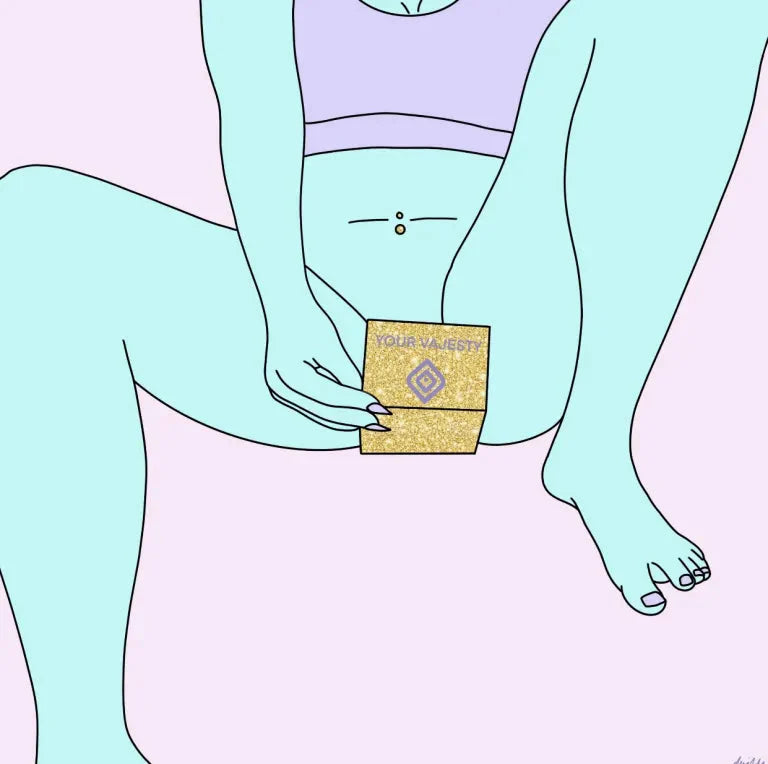
Get To Know Your Vulva



